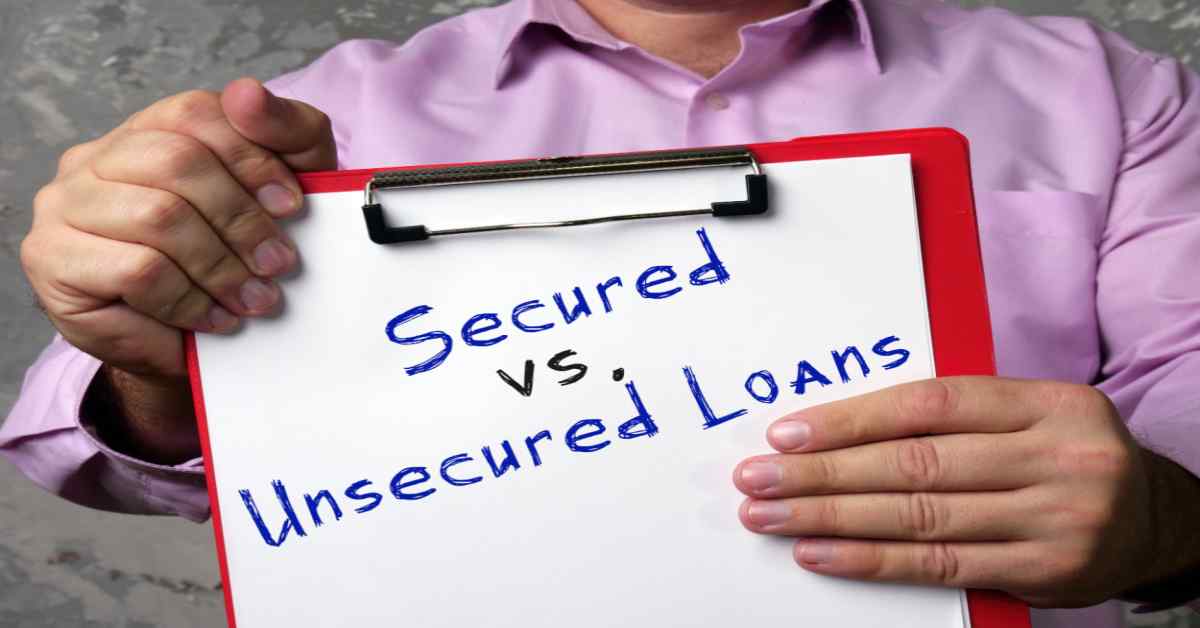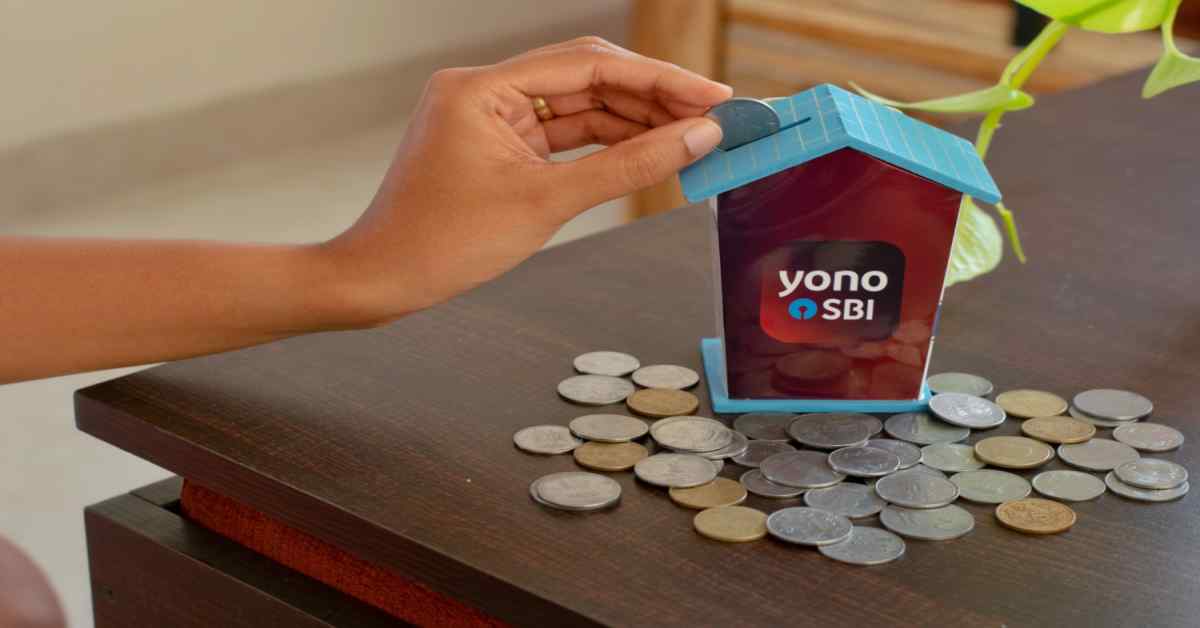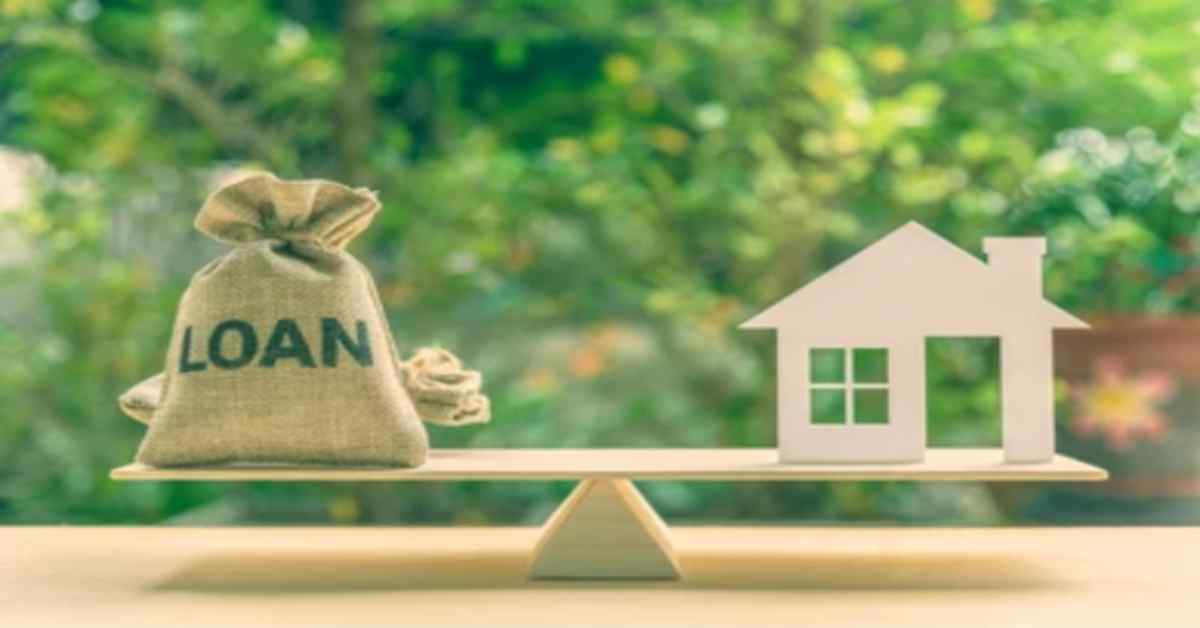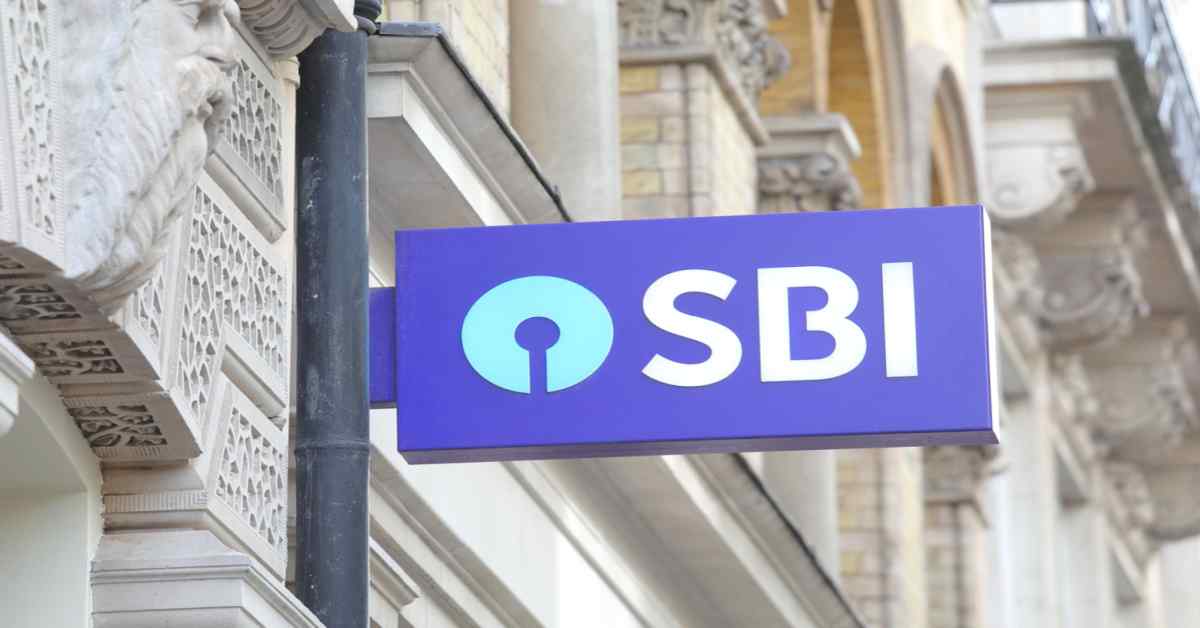Table of Contents
Quality Service Guarantee Or Painting Free

Get a rental agreement with doorstep delivery

Find the BEST deals and get unbelievable DISCOUNTS directly from builders!

5-Star rated painters, premium paints and services at the BEST PRICES!
Loved what you read? Share it with others!


Submit the Form to Unlock the Best Deals Today
Help us assist you better
Check Your Eligibility Instantly

Experience The NoBrokerHood Difference!
Set up a demo for the entire community
Secured Loan and Unsecured Loan: Deciphering the Best Financial Path
Table of Contents
Navigating the realm of financial solutions can be a daunting journey, especially when faced with the decision between secured loans and unsecured loans. Whether you're considering borrowing for a new venture, consolidating debts, or handling unexpected expenses, understanding the nuances of secured loan and unsecured loan options is paramount.
In this guide, we'll delve into the intricacies of these lending avenues, exploring their differences, benefits, and drawbacks. From collateral requirements to interest rates, borrowing limits to credit implications, we'll illuminate the path that helps you make informed choices aligned with your financial aspirations.
Join us as we embark on a journey to decipher the advantages of secured and unsecured loans, empowering you to make confident financial decisions tailored to your needs and goals.
Quality Service Guarantee Or Painting Free

Get a rental agreement with doorstep delivery

Find the BEST deals and get unbelievable DISCOUNTS directly from builders!

5-Star rated painters, premium paints and services at the BEST PRICES!
What is Secured Loan and Unsecured Loan?

What is a Secured Loan?
A secured loan means borrowing against an asset like a property or vehicle, providing the lender with collateral. This collateral acts as security, allowing for lower interest rates and larger loan amounts. If repayment falters, the lender can claim the asset, making secured loans suited for those looking for favourable terms but requiring commitment to collateral.
Types of Secured Loans
Secured loans encompass a variety of financial options designed to provide both lenders and borrowers with a sense of security. While secured personal loans can cover a range of purposes, let's delve into some prevalent types of secured loans that are commonly found in the financial market:
1. Vehicle Loans
Vehicle loans extend financial support for purchasing automobiles, trucks, motorcycles, and even boats. These loans operate under the premise of the purchased vehicle serving as collateral. If the borrower fails to meet the repayment terms, the lender retains the right to repossess the vehicle as a means of repayment. This collateralised arrangement ensures that lenders can offer competitive interest rates while still securing their investments.
2. Secured Credit Cards
Specifically tailored for those with limited credit histories, secured credit cards offer an avenue to build credit scores. To secure the credit card, a cash deposit is required to serve as collateral, determining the credit limit. This deposit mitigates risk for the lender, as the credit limit is typically equivalent to or slightly higher than the deposit. Responsible use of a secured credit card can contribute positively to the individual's credit history over time, potentially leading to the acquisition of unsecured credit options.
3. Mortgages
Among the most recognisable forms of secured loans, mortgages involve using the purchased property, typically a house, as collateral. This arrangement means that if the borrower is unable to meet their repayment obligations, the property could be subjected to foreclosure, potentially resulting in the loss of the property itself. Mortgages provide an opportunity for individuals to own homes even if they don't have the entire purchase amount upfront, with the property acting as a safeguard for the lender.
The underlying principle behind these secured loans is the provision of a safety net for lenders in the form of collateral. By securing the loan against valuable assets, lenders can extend credit to a wider range of individuals while minimising the risk of financial loss. As borrowers fulfil their repayment obligations, they not only gain access to essential assets like homes and vehicles but also have the opportunity to improve their credit profiles, paving the way for stronger financial futures.
Pros and Cons of Secured Loan
| Advantages of Secured Loans | Drawbacks of Secured Loans |
| 1. Lower Interest Rates: Secured loan interest rates are often low, leading to reduced overall borrowing costs. | 1. Collateral Risk: Secured loans require collateral, and failing to make payments can result in the lender seizing the collateral (like your home or car). |
| 2. Flexible Eligibility: Secured loans typically have less stringent eligibility criteria, making them accessible to individuals with varied credit histories. | 2. Credit Impact: Defaulting on a secured loan can significantly damage your credit score, affecting future loan options. |
| 3. Higher Borrowing Limits: Secured loans offer higher borrowing limits, making them suitable for substantial financial needs. | 3. Restricted Use of Funds: Secured loans may have usage restrictions, limiting your financial flexibility. |
What is an Unsecured Loan?

An unsecured loan is a borrowing option that doesn't require collateral. Unlike secured loans, these are based on your creditworthiness. A non-collateral loan means flexibility but usually comes with higher interest rates due to the absence of collateral
Types of Unsecured Loans
Unsecured loans break the mould with their flexibility in fund utilisation. These loans cater to diverse financial needs without necessitating collateral. Here's an overview of some prevalent unsecured loan examples:
1. Personal Loans
Termed as "instalment loans" or "term loans," personal loans involve fixed repayment spans. Borrowers steadily repay the loan amount through consistent monthly instalments. They serve purposes ranging from debt consolidation to unexpected expenses.
2. Student Loans
Designed for educational pursuits, student loans can be either federal or private. Their focus is primarily on funding college-related expenditures like tuition, materials, and accommodation. The repayment norm generally spans a standard 10-year period.
3. Revolving Loans
Embracing a spend-as-you-go strategy, revolving loans offer adaptability. This category encompasses credit cards and personal lines of credit. Borrowers are granted a predetermined credit limit, utilising and repaying funds in a revolving manner.
Unsecured loans empower borrowers to tailor their borrowing experience to match their distinct financial circumstances and aspirations. Whether it's accomplishing short-term objectives or investing in education, these diverse loan options can seamlessly cater to a broad spectrum of needs.
Pros and Cons of Unsecured Loan
| Advantages of Unsecured Loans | Drawbacks of Unsecured Loans |
| 1. Flexibility in Usage: Unsecured loans provide the freedom to utilise funds as needed, without being tied to specific assets. | 1. Higher Interest Rates: Unsecured loans often come with elevated interest rates, resulting in increased borrowing costs. |
| 2. Asset Protection: These loans offer a layer of security, as lenders cannot seize assets without court intervention in case of default. | 2. Potential Origination Fees: Some lenders may impose origination fees, possibly up to 10 per cent, impacting the overall loan cost. |
| 3. Collateral-Free: Unsecured loans are accessible to individuals without valuable assets, as collateral is not required. | 3. Credit Qualification Challenges: Individuals with poor credit history might face challenges in qualifying for unsecured loans. |
| 4. Credit Damage from Default: Defaulting on unsecured loans can significantly damage your credit score, affecting future borrowing opportunities. |
Difference Between Secured and Unsecured Loan

When it comes to financial borrowing, understanding the disparities between secured and unsecured loans is pivotal. These two loan types diverge in multiple aspects, ranging from collateral requirements to borrowing limits and interest rates. Let's delve into the distinct characteristics that set secured and unsecured loans apart:
1. Collateral
Secured Loan:
These loans necessitate collateral as a security measure. In the event of non-payment, the lender has the right to seize the collateral to recuperate losses.
Unsecured Loan:
No collateral is obligatory, eliminating the risk of asset seizure. Nonetheless, defaulting can still adversely impact your credit standing.
2. Interest Rates
Secured Loan:
Interest rates are typically lower due to the collateral, as borrowers have a stronger incentive to repay.
Unsecured Loan:
Interest rates tend to be higher, although favourable rates can still be secured with a credit score of 670 or higher.
3. Borrowing Limits
Secured Loan:
Due to the collateral's assurance, secured loans often offer higher borrowing limits, allowing access to more substantial amounts.
Unsecured Loan:
Although generally smaller than secured loans, unsecured loans can still extend to significant sums, potentially exceeding $100,000.
4. Application Process
Secured Loan:
The presence of collateral often streamlines the approval process, making secured loans relatively easier to obtain.
Unsecured Loan:
While slightly more stringent in approval, unsecured loans remain accessible, particularly with a satisfactory credit history.
5. Repayment Tenure
Secured Loan:
Secured loans often provide a more extended repayment period, granting borrowers flexibility in managing their financial obligations.
Unsecured Loan:
Repayment tenures for unsecured loans are comparatively shorter, encouraging prompt repayment.
6. Risk of Collateral Seizure
Secured Loan:
Defaulting on secured loans entails the risk of collateral seizure, motivating borrowers to fulfil their payment obligations.
Unsecured Loan:
With no collateral at stake, unsecured loans eliminate the possibility of collateral loss, but they still demand timely repayments.
By comprehending these distinctions, you can make well-informed decisions tailored to your financial goals. Each loan type holds its advantages and considerations, ensuring there's a suitable option for various borrowing needs.
How to Choose the Best Loan Type

When faced with the decision of choosing between a secured loan and an unsecured loan, careful consideration is crucial to align your borrowing with your financial goals. Here's a guide on how to navigate this choice effectively:
- Assess Your Needs
Begin by evaluating your financial requirements. Secured loans often come with longer repayment periods, lower interest rates, and higher borrowing limits. If you anticipate needing a larger sum with extended time for repayment, a secured loan might be suitable. On the other hand, if your priority is to minimise risk and avoid putting assets on the line, an unsecured loan could be a more prudent choice.
- Evaluate Your Financial History
Your credit score and financial history play a pivotal role in loan approval and terms. Secured loans can offer favourable terms if you have a strong credit profile, while unsecured loans may accommodate those with less robust credit.
- Risk Tolerance
Consider your comfort level with risk. Secured loans provide lenders with collateral, minimising their risk and often resulting in lower interest rates. If you're confident in meeting your repayment commitments and benefiting from the lower rates, a secured loan might align with your risk tolerance.
- Protecting Assets vs. Flexibility
Weight the importance of safeguarding your assets versus the flexibility to allocate funds as needed. Secured loans offer protection for lenders, but they require collateral. If you're not willing to put assets on the line, unsecured loans provide financial flexibility without the collateral requirement.
- Shop Around
Thoroughly research and compare loan options from different lenders. Evaluate interest rates, repayment terms, and associated fees. Remember that both secured and unsecured loans can come with varying rates and terms, so a comprehensive comparison ensures you make an informed choice.
- Consider Professional Advice
If you're uncertain about which loan type suits your situation best, consider seeking advice from financial experts. They can offer insights based on your unique circumstances and guide you toward an option that aligns with your financial goals.
The choice between secured and unsecured loans is dependent on your individual preferences and financial standing. Each loan type offers distinct advantages and considerations. By evaluating your needs, risk tolerance, and credit history, and by conducting thorough research, you can make an educated decision that aligns with your long-term financial objectives.
Empower Your Loan Decisions with NoBroker!
NoBroker Home Loan Services is your trusted partner when it comes to making loan-related choices. Whether you want to know what is secured and unsecured loan in depth or wants expert advice for deciding between a secured loan and an unsecured loan or need guidance on any loan matter, we're here to assist you. Our experts provide tailored advice, simplifying complex options and helping you make informed decisions. With a network of reputable lenders, a streamlined process, and personalised assistance, NoBroker ensures your loan journey is seamless and efficient. Choose NoBroker for hands-on support and easy access to loans that align with your financial goals.

FAQ's
Ans: A home loan is typically a secured loan, where your property serves as collateral, allowing for lower interest rates and favourable terms.
Ans: Secured advances involve collateral like property, while unsecured advances don't require assets. Secured loans offer better rates due to collateral.
Ans: Collateral-free loans meaning stand for unsecured loans. These are loans which don't require assets as security. They're based on creditworthiness, making them more accessible
Ans: No, secured loans hinge on collateral. Assets like property or vehicles secure the loan, aiding lenders in risk management.
Ans: Responsible repayment of both loan types can positively impact your credit. However, defaulting on either may lead to credit score reduction.
Loved what you read? Share it with others!
Most Viewed Articles

Home Loan Interest Rates for All Banks in November 2024
November 3, 2024
23939+ views

ICICI Home Loan Interest Rates - Updated in November 2024
November 3, 2024
22472+ views

SBI Home Loan Interest Rates - Updated in December 2024
December 17, 2024
20572+ views

Understanding Home Loan Tenure and Why It's Important
August 22, 2022
16060+ views

SBI Home Loan Interest Certificate: Benefits, Offline and Online Options, Get via Yono App in 2025
December 23, 2024
12210+ views
Recent blogs in
Home Loan for Resale Flats in India
December 31, 2024 by Simon Ghosh
Canara Bank Home Loan Interest Rates - Updated in January 2025
December 31, 2024 by NoBroker.com
IDBI Home Loan Interest Rates - Updated in December 2025
December 31, 2024 by NoBroker.com
Loan Disbursement Process: From Approval to Funds in Hand
December 31, 2024 by Prakhar Sushant
SBI Home Loan Interest Rate for Females - Updated in November 2025
December 31, 2024 by Krishnanunni H M



Join the conversation!